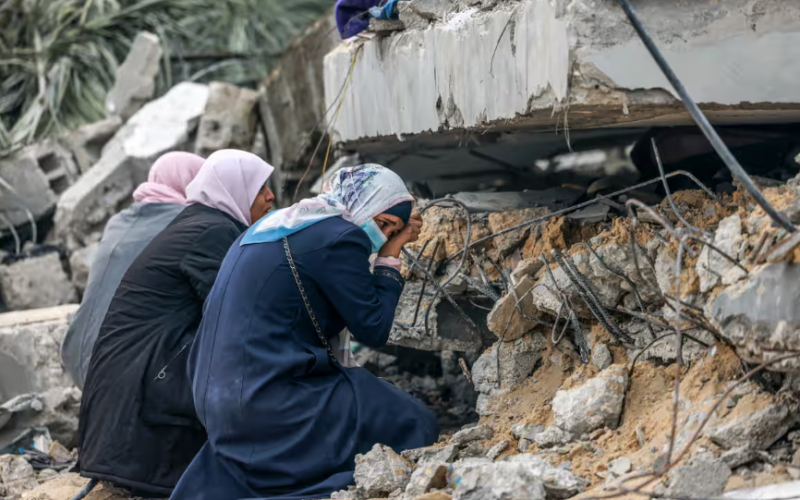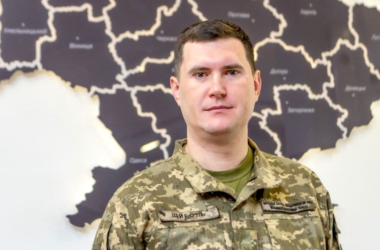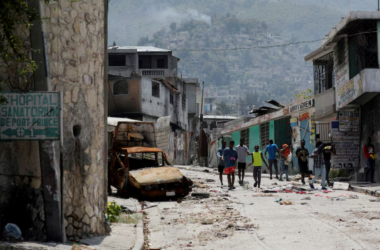The Gaza Strip is grappling with an unprecedented humanitarian crisis, with the United Nations (U.N.) highlighting the dire situation as almost every household faces a severe lack of food and water. The crisis is exacerbated by Israel’s near-total blockade since the conflict began on October 7, drawing accusations from Human Rights Watch that Israel is employing starvation as a method of warfare.
The Gaza Strip has been grappling with a dire humanitarian situation for several weeks, marked by widespread shortages of food and water. The U.N. raised alarm on Wednesday, indicating that conditions were reaching catastrophic levels, affecting nearly every household in the enclave. The situation is a consequence of Israel’s near-total blockade since October 7, leading to accusations that the deliberate deprivation of essential resources is being used as a method of warfare against civilians.
Human Rights Watch, in a statement on Monday, accused Israel of deliberately depriving Gaza’s population of food and water, characterizing it as a policy endorsed or spurred on by high-ranking Israeli officials. Omar Shakir, Israel and Palestine director at Human Rights Watch, emphasized the intent to starve civilians as a method of warfare. This accusation has intensified international scrutiny of Israel’s actions and raised concerns about potential violations of human rights and international law.
In response to the allegations, Eylon Levy, a spokesman for the Israeli government, refuted the claims, accusing Hamas of stealing food and water. Levy contended that if aid to Gaza is insufficient, international organizations should send more. He categorically rejected accusations of obstructing humanitarian aid delivery, asserting that blame should be directed at Hamas for hijacking aid deliveries. The Israeli government’s response highlights the contentious nature of the situation and the divergent narratives presented by the conflicting parties.
The U.N.’s Office for the Coordination of Humanitarian Affairs, based on a study conducted by the World Food Program between December 3 and December 12, revealed alarming findings regarding the deteriorating humanitarian conditions in Gaza. The study, based on 151 phone interviews with displaced people, highlighted the severity of the crisis, including forced displacement, lack of access to food, and inadequate water supply. The U.N. warned that the delivered food aid was far below the actual needs of the population, which includes approximately 1.9 million displaced people out of a total population of 2.2 million.
Key Findings of the U.N. Study:
Forced Displacement: An estimated 85 percent of Gaza’s population has been forced to flee their homes due to Israeli military operations.
Food Shortages: Ninety-three percent of displaced families reported not having access to enough food, reflecting a significant increase from November.
Coping Strategies: Ninety-six percent of displaced families relied on “consumption-based coping strategies” to manage the lack of food, with adults sacrificing meals for children and families resorting to unconventional food sources.
Water Scarcity: Most Gazans have inadequate access to water, with an average of less than 2 liters per day for essential needs, far below the basic survival-level water requirement of 15 liters per day.
Cooking Challenges: Seventy percent of displaced people burn firewood for cooking due to a lack of fuel, increasing the risk of respiratory diseases. Fifteen percent reported having no means to heat food at all, while 13 percent resorted to burning garbage for cooking.
The unfolding humanitarian crisis in Gaza, marked by severe shortages of food and water, has reached alarming levels according to the U.N. The accusations against Israel, claiming the deliberate deprivation of essential resources as a method of warfare, raise significant concerns about human rights violations. The Israeli government’s counterclaims, attributing responsibility to Hamas and rejecting accusations of obstructing aid delivery, underscore the complexity of the situation. As the crisis deepens, urgent international attention and concerted efforts are required to alleviate the suffering of the population in Gaza and address the underlying causes of the deteriorating humanitarian conditions.








